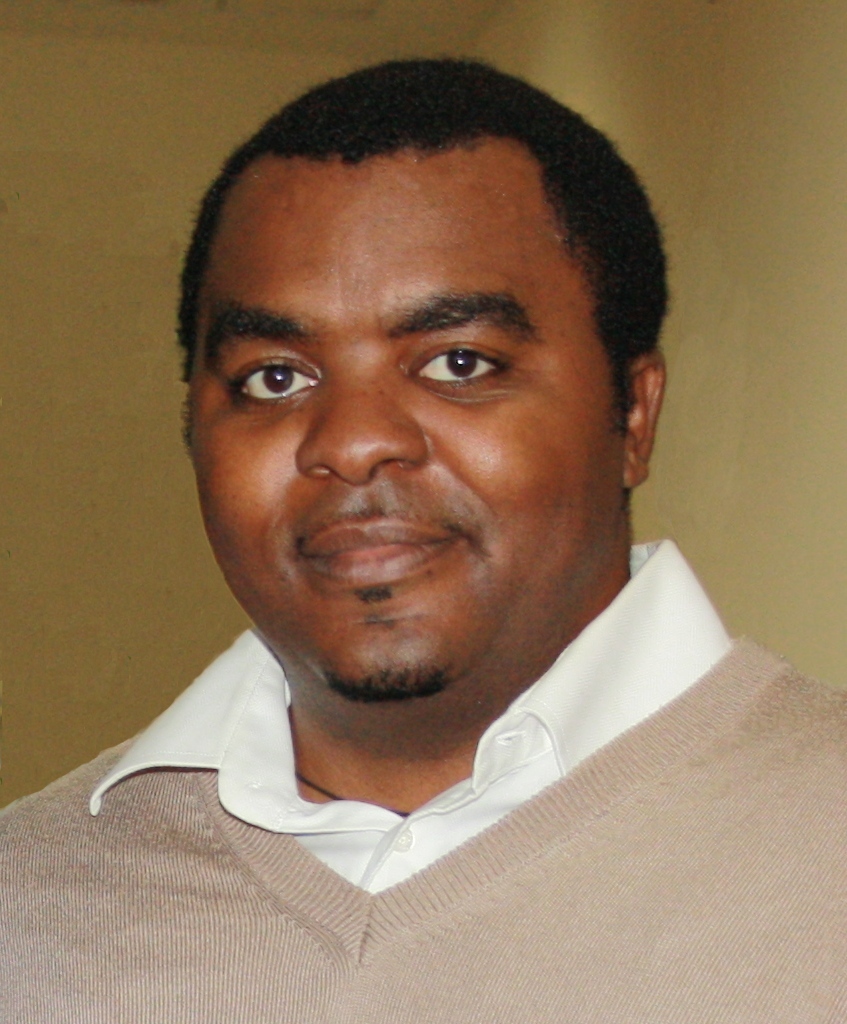Low-complexity image processing approaches for detection of necrotizing enterocolitis and seizures in newborns

Dr. Guy Kouamou Ntonfo
Research Fellow, University of Modena and Reggio Emila, Italy
April 22, 2015 12:00 - 13:00
Mackenzie Room 4359, Carleton University
abstract
Necrotizing enterocolitis and neonatal seizures are two pathologies which diagnosis medical personnel have to daily face in Neonatal Intensive Care Units. These pathologies have to be promptly and accurately recognized in order to establish timely treatments. Necrotizing enterocolitis is a serious neonatal gastrointestinal complication that mainly occurs to underweighted preterm newborns. It presents with a wide range of symptoms which are not specific to the disease and there can be a rapid deterioration that can lead to septic shock and death. Abdominal radiographic imaging and ultrasonography are the most common diagnostic modalities currently used but these tools do not reliably detect Necrotizing enterocolitis in its early stages. Most of the neonates affected by perinatal diseases are at risk of neonatal seizures, which are the most common sign of acute neurological dysfunctions. They are age-dependent phenomena with onset within the 28th day of life in newborns at term and within the 44th week of conceptional age in preterm infants. Currently, the traditional method of diagnosis is based on EEG monitoring. The EEG analysis is a time-consuming technique which requires particularly skilled medical personnel, not always available in a neonatal care unit. In this talk, examples of low complexity image processing-based approaches to the detection of neonatal seizures and necrotizing enterocolitis will be presented.
biography
Guy Kouamou received the "Laurea Specialistica" (MSc) degree in Electronic Engineering on December 2009 from the University of Parma, Italy. From January 2010 to December 2012, he is a PhD student at the Department of Information Engineering of the University of Parma, where his main area of research was biomedical signal processing for diagnosis, particularly video signal processing for real-time diagnosis of neonatal seizures. He received his PhD in Information Technology on March 2013. From March 2014, he is a research fellow at the University of Modena and Reggio Emila, Italy.
Last updated March 5, 2015

